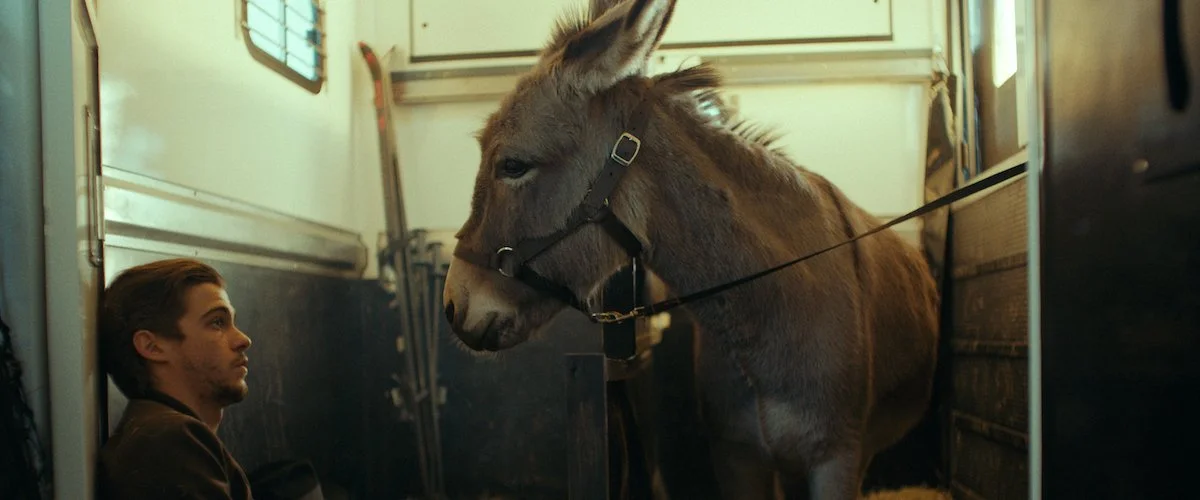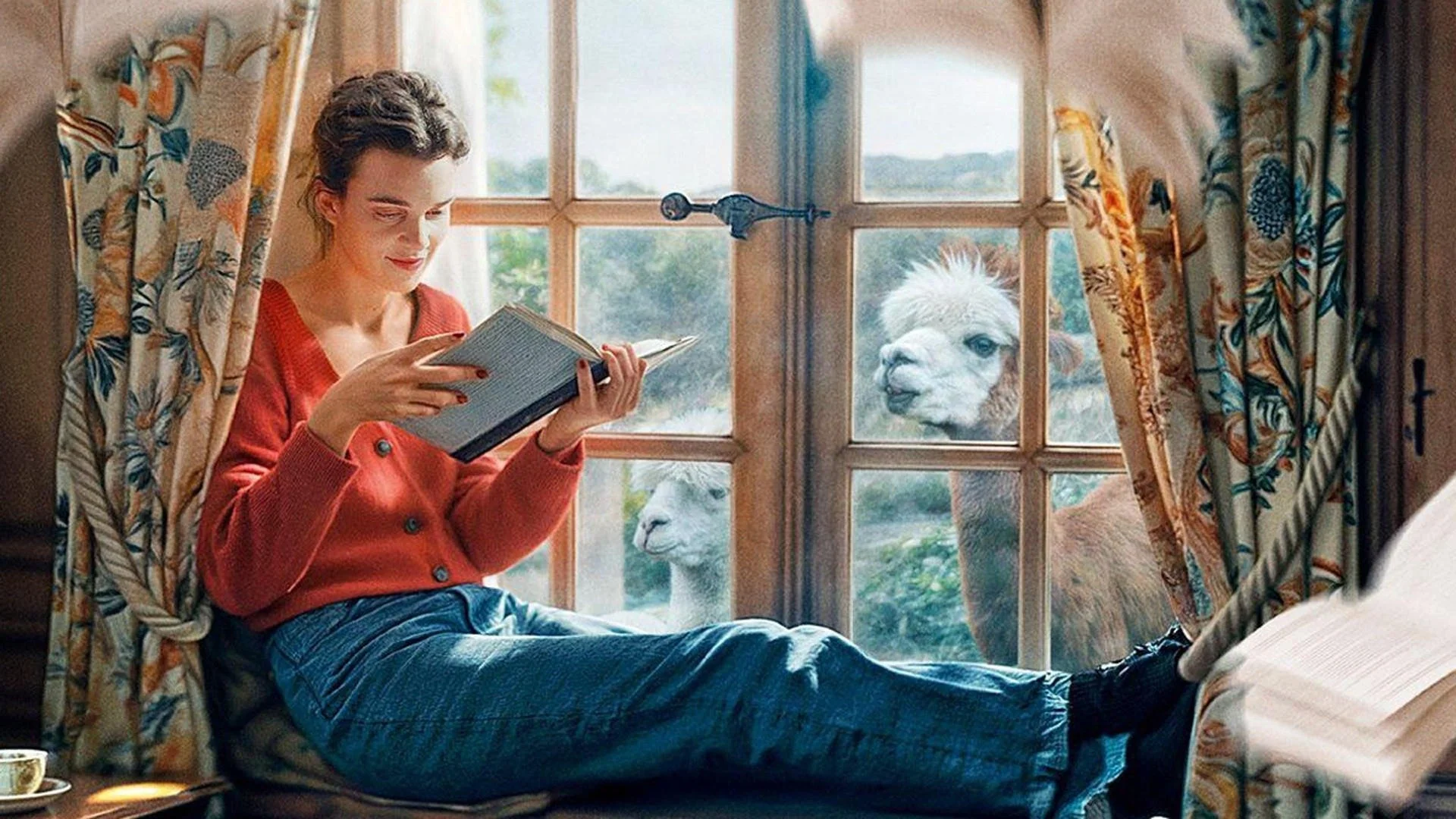FILM REVIEW: "We Live In Time" is filled with emotional whiplash
We Live In Time is a touching film abounding with emotional whiplash as the audience follows the love story and cancer journey of a young couple in their 30s.
The film opens in the English countryside. Our lead female, Alma (Florence Pugh), a successful haute cuisine chef, enjoys her morning jog to collect locally foraged ingredients. Her partner, Tobias (Andrew Garfield), sleeps peacefully in their picturesque cottage while she prepares a new inspiration. It’s cosy, it’s beautiful, it’s warm. And so commences the deliberately non-linear timeline resulting in some serious emotional whiplash.
We Live In Time is a very human film, performed exquisitely by its two leads. I find it near impossible to truly immerse myself in a film if the on-screen chemistry isn’t believable. However, in this film, the chemistry, line delivery and receival, and all things said and unsaid feel very real to how a generally self-aware couple would interact and face life’s challenges.
Comic relief in the form of blunt British humour is peppered throughout the film and oozes with such ease from Alma (Pugh). Tobias is a kind, well-mannered, and mildly self-deprecating character who meets Alma, an unexpected ray of sunshine in his life, exuding a contagious warmth and openness to life. Alma is enthralling, and Tobias is eager to be welcomed into her world. Together, they’re a great team, which makes the anguish of their subsequent cancer journey all the more devastating.
The original score by Bryce Dessner is pensive, gentle, curious, and playful, paired with a modern soundtrack reflecting the age of our lead characters, including Wolf Alice, Billie Eilish, and Chappell Roan.
Ultimately, the film tackles the theme of legacy: Is a legacy worth leaving one of the small things, or the big things?
There’s hope and elation, there’s grief and loss, there are life’s biggest decisions and challenges, beginnings and endings. This makes for short scenes with few words at times, but I do not see this as a flaw. Rather, I feel that the script allows the audience to feel respected instead of spoon-fed. We’re given the chance to mirror back our own experiences and understandings of the universal human experience. The human core of the film is most deeply felt in those moments when strangers and colleagues must band together, set their egos aside, and cooperate.
My one qualm with this film is the ending, which felt rushed, as if the running time of one hour and forty-eight minutes absolutely could not be extended. The closing scene mirrors the opening scene, which saved the last three minutes for me, as the film starts and ends with our heroine, just in different ways.






